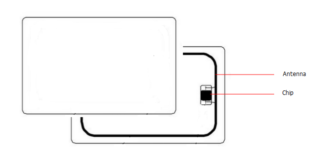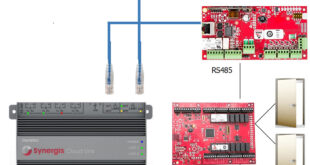From physical keys and mechanical cylinders, to access cards and wireless locks. The security industry is innovating drastically.
Technological innovation is changing security industry. That is visible with the introduction of the internet and the wireless technology.
Not so long ago, we were alluding to mechanic locks as traditional access control. Nowadays, even wired automatic locking takes this qualifier. Because the industry is introducing more and more wireless locks. Because of the many advantages they are offering.
This article explains the ins and outs of the wireless locks.
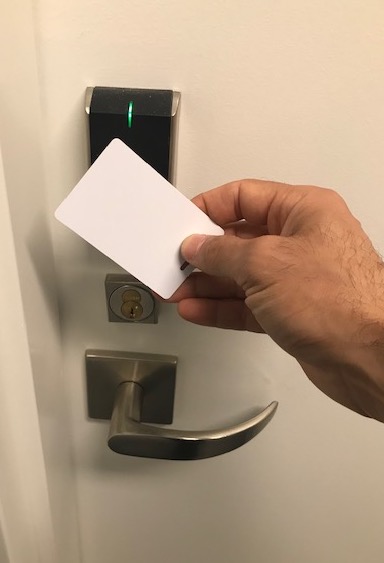
What is new with the wireless locks?
With the wireless technology, a lock is communicating with the hub. The hub transmits the information to the access control software. So, wiring the hub should be enough. Whereas, in wired locks, cables must be run from the controller to a reader, a door contact, a strike and a request to exit.
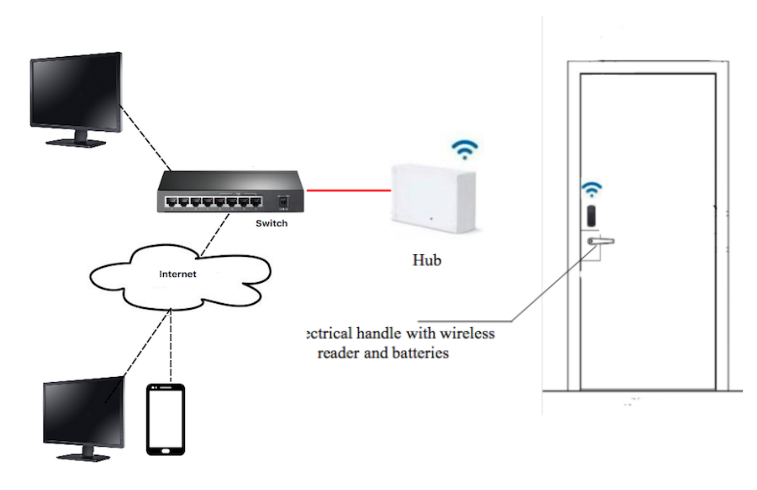
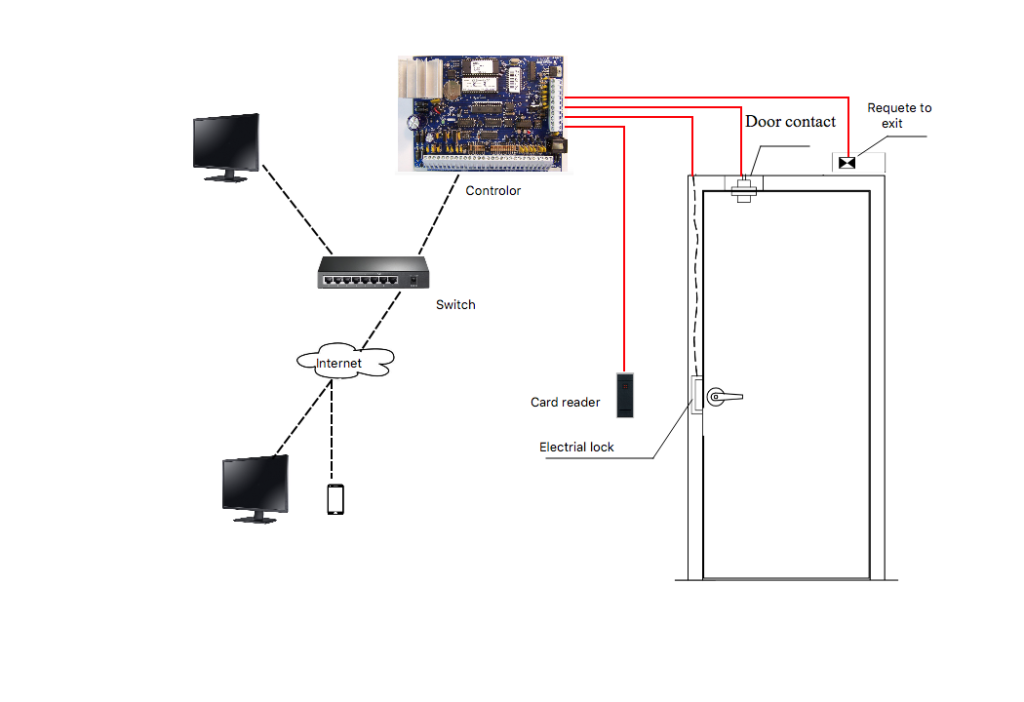
Communication Frequencies
Wireless access control applications use different communication frequencies. 2.4 GHz is widely used for Wi-Fi networks and can generate a lot of traffic in densely populated areas.
900 MHz requires a separate gateway for transmission but can communicate with several locks. It is using very little power in communication. And it has a great ability to communicate in near real-time—less than 10 seconds.
Advantages of wireless locks
Wireless locks require little or no drilling around the door, whereas wired access control needs cabling through and partly around the door. As a result, it offers a big savings in labour cost and completion time.
This technology provides more flexibility when renovating and changing office space. Wireless locks are easy to reinstall on another door.
Very easy to deploy in buildings with traditional key handles.
Suitable for buildings where cable runs are challenging such as concrete buildings. Historical landmarks. buildings containing asbestos.
Disadvantages of wireless locks
Wireless access control solutions are not without their limitations,
Limitations in building construction and environmental conditions which include steel, vegetation, thick concrete or water can drastically limit the effectiveness of the range of a wireless device.
A short battery life and expensive lithium batteries are also a limitation. In fact, in very frequented areas, batteries can drop very fast. In addition, some integrators mention that they ran into communication problems, reliability problems, and installation troubles.
Conclusion
Wireless technology nowadays doesn’t have to be all or nothing. In most cases it can be a combination of wired and wireless installations. There is even a variety of different wireless protocols in the same installation. The market is starting to understand that wireless is a standard.
Related posts :
